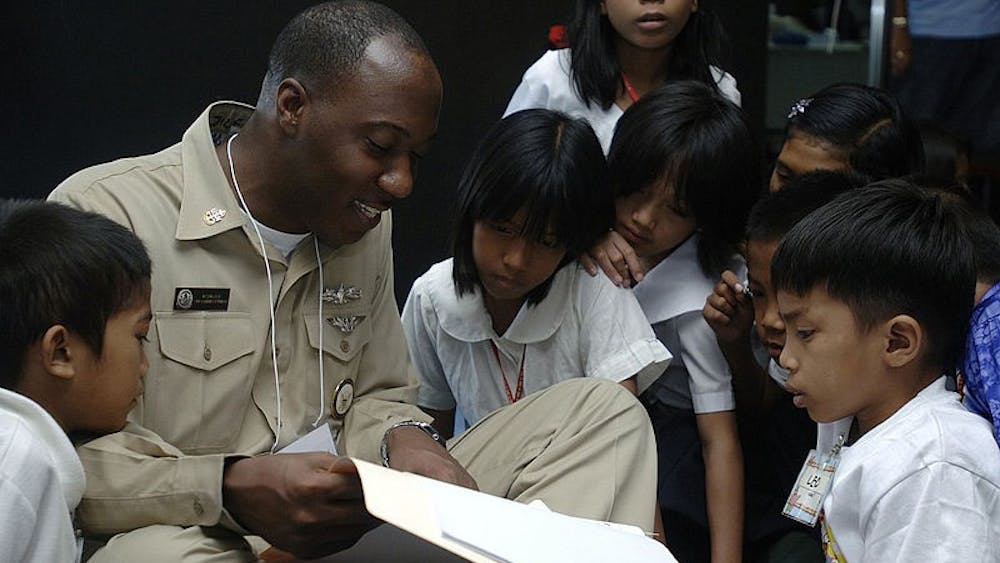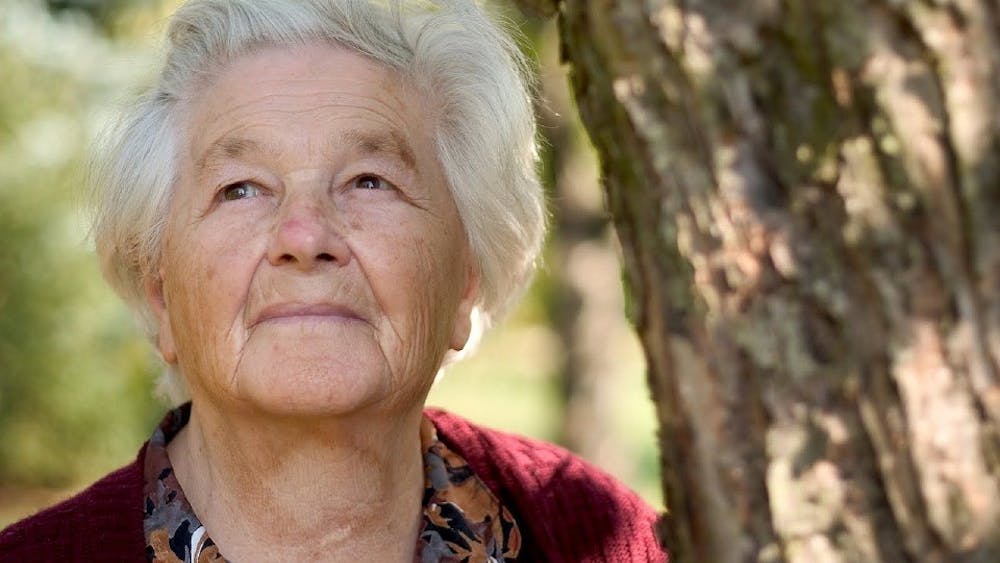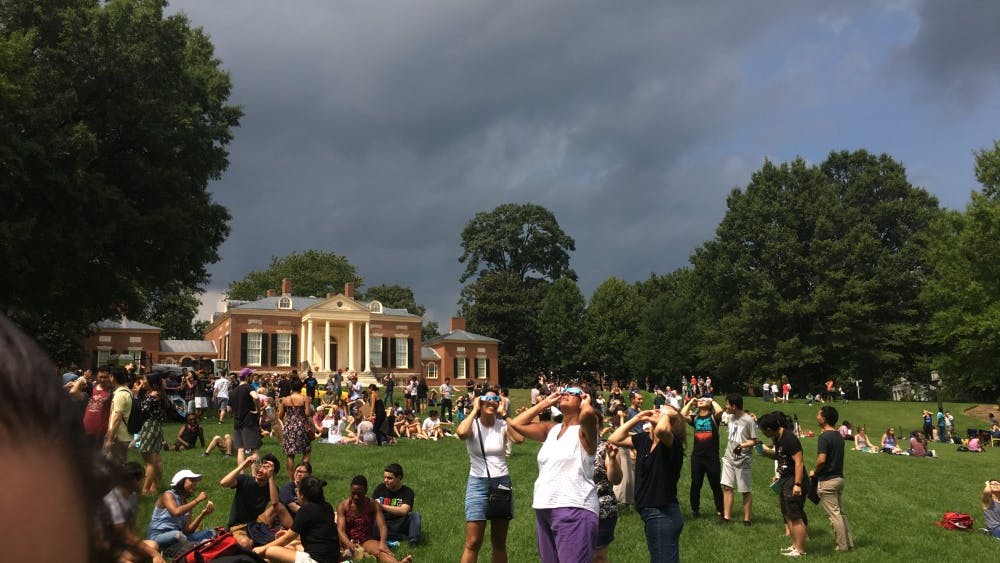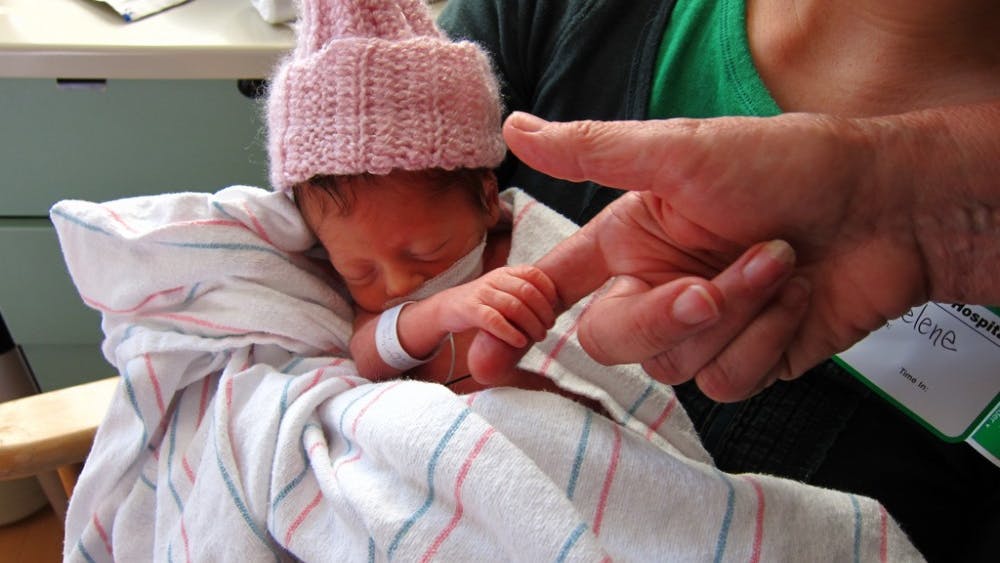Preservatives may contribute to obesity epidemic
By CINDY JIANG | September 14, 2017Have you ever picked up an item at your local grocery store and wondered how the expiration date could be so far into the future? You’ve probably wondered a few times whether those preservatives could inflict significant damage upon your health.
















